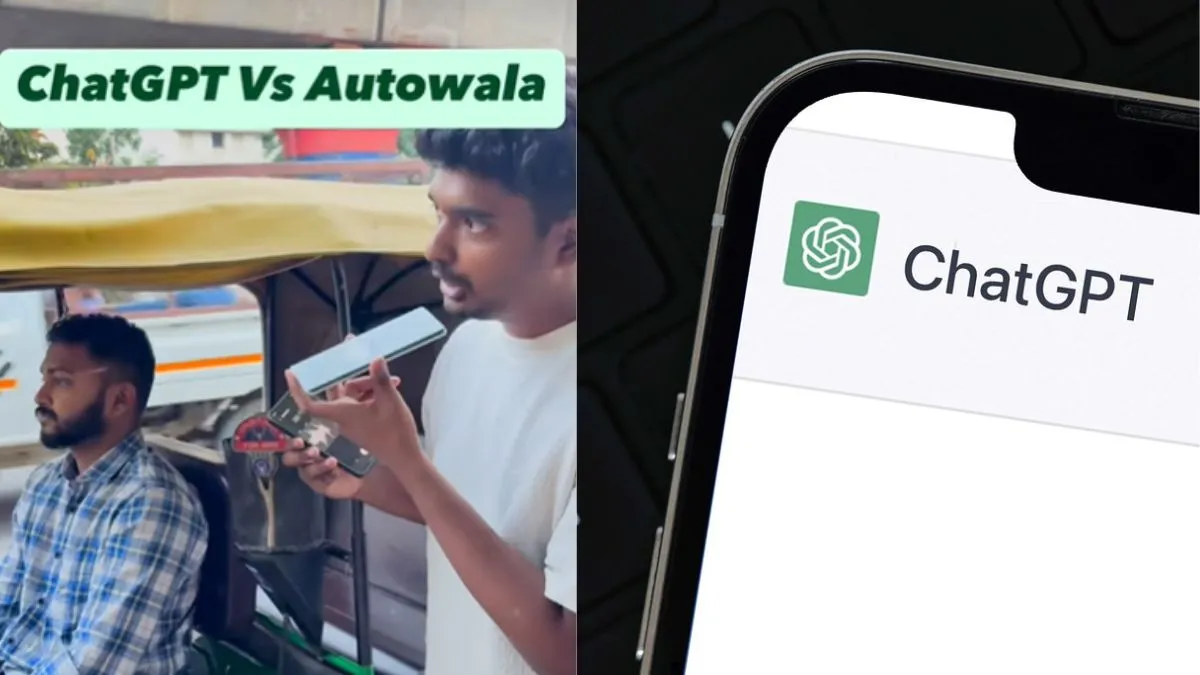A recent incident in Bengaluru has highlighted the practical applications of AI in daily life. A local student, Sajan Mahto, utilized OpenAI’s ChatGPT to negotiate an auto-rickshaw fare in Kannada, effectively bridging a language gap and securing a better deal.
The Incident
Facing a quoted fare of ₹200 from an auto-rickshaw driver, Mahto, a student, sought assistance from ChatGPT. He prompted the AI:
“Hi ChatGPT, you have to help me in negotiating with the auto driver in Bengaluru. The auto driver is saying that the fare is ₹200 and I am a student. Please negotiate it for ₹100.”
ChatGPT responded in Kannada, saying:
“Anna, this is the route that I travel every day and I am a student. Please come for ₹100.”
The auto driver, after some consideration, agreed to reduce the fare to ₹120, stating:
“I had said 200 and came down to 150. Since you requested, I reduced another ₹30 and settled at ₹120. It’s not possible for me to go lower.”
Mahto accepted the revised fare, and the interaction was captured and shared on social media, quickly going viral.
Public Reaction
The video garnered widespread attention online, with many praising the innovative use of AI to overcome language barriers. Comments highlighted the potential of AI tools like ChatGPT to assist in real-world scenarios, especially in multilingual cities like Bengaluru.
Broader Implications
This incident underscores the growing role of AI in facilitating communication across language divides. As AI technologies become more integrated into daily life, their applications in areas like travel, commerce, and education are expanding, offering practical solutions to common challenges.








